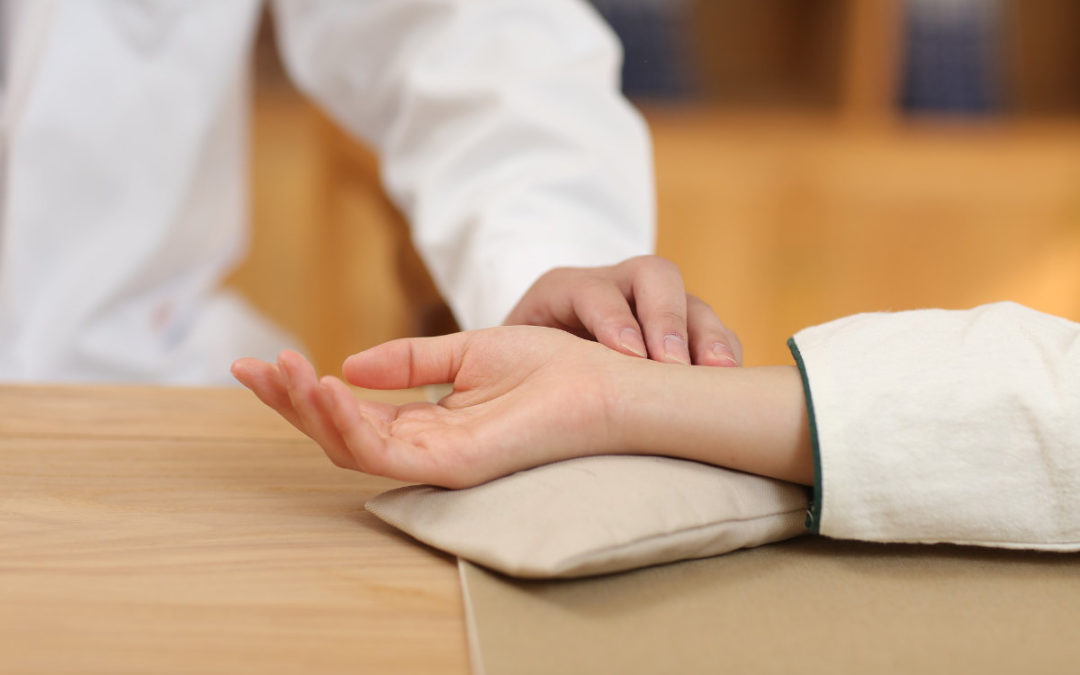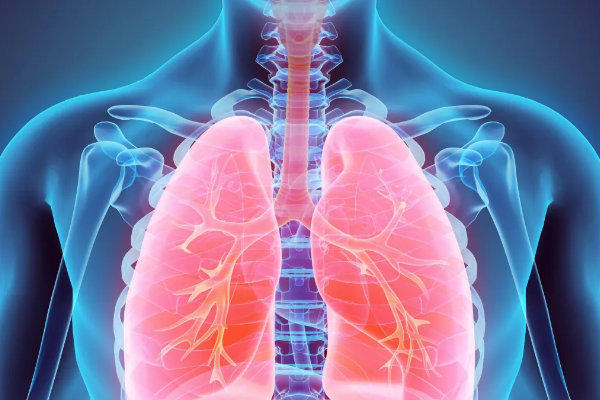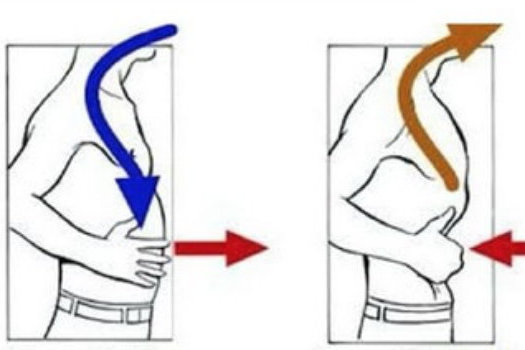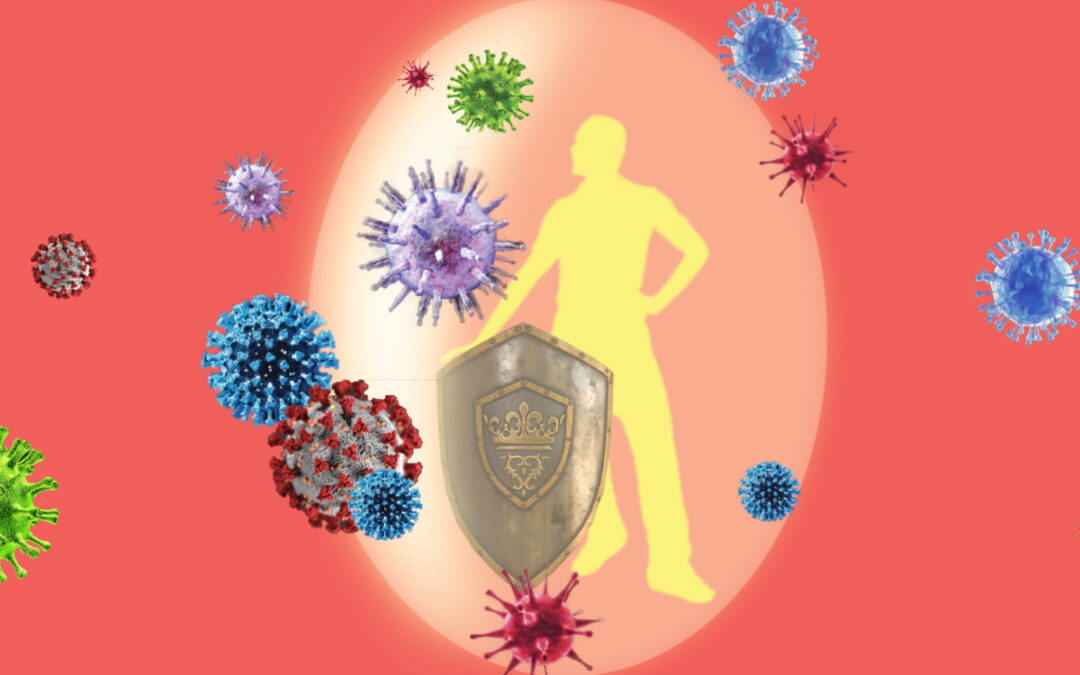
How the TCM works
The pathologies seen by the Chinese Medicine
In the preamble, let’s remember a fundamental principle: no doctor cures his patient! It is the patient who is the artisan of his own healing, with the help of his doctor, who practices his art through different techniques.
In this spirit, the Chinese doctor is interested in the health of the patient and not in his illness. He will diagnose the imbalances, potential factors of illness, and use his various tools (acupuncture, tuina massage, dietetics, herbal medicine …) to restore the overall balance of the patient, the condition of health.
However, if one chooses to talk about diseases, Traditional Chinese Medicine – TCM – treats all diseases. In some cases of advanced diseases, TCM will improve the ground of an individual, his general state of health. TCM may also seriously delay the progression of a serious illness. It will have the great merit finally to limit the destructive side effects generated by chemical drugs.
A 5,000 year old medicine
The WHO – World Health Organization – for its part recognizes since June 1979 forty-two diseases that can be treated with acupuncture. This list is of course limiting when one knows the effectiveness and the power of the Chinese Medicine which has been proven for more than 5’000 years. It is gratifying, however, that WHO finally recognizes TCM as a medicine in its own right. It is validated in its status of traditional medicine, and not complementary or alternative. The diagnosis in TCM is different from the diagnosis of Western medicine. It is therefore wrong to try to translate Western terms to find their correspondence in Chinese medicine.
To understand the difference between the approaches of these two medicines, observe two types of images: the first is a photograph, the second is a film. Allopathic medicine will observe a photograph, an apparent situation at a time “T” which is characterized by one or more symptoms. She will make her diagnosis according to what she can observe. Of course, since what is not on the picture can not be taken into account, being invisible!
TCM treats imbalances, source of disease
Chinese medicine, meanwhile, observes a film, an image in motion. During the diagnosis, the TCM will collect information on the patient’s past, his present state of health of course, but also on the potential evolution of his health. She observes the film of life. Through her holistic approach, she observes energy imbalances and their impact on the physical, emotional and psychic dimensions of the patient. Thus Chinese medicine can treat imbalances before they become symptoms or diseases. Who would have the idea to compare cinema and photography. Even if it is possible to shoot a photo of a movie.! … Thanks to its global study of the human being, the MTC does more than cure symptoms, it aims the root of the disease so the root cause . It takes into account all the aspects (emotional, physical and psychic) of the patient.
The TCM is finally a natural medicine, which does not use any chemical medicine, and thus does not induce any side effects in the patient. This is not a small advantage!
To conclude, a little common sense! Chinese medicine, one of the oldest in the world, would it have survived if it had not proven its effectiveness, and provided solutions to all the ills of his people?





